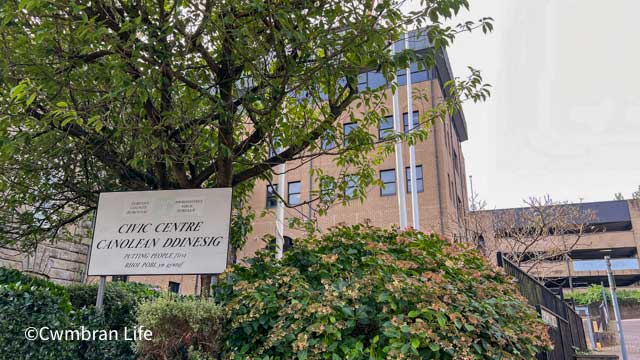PRIVATELY run children’s homes are incentivised to keep children longer than necessary a children’s services chief has claimed.
Councils across Wales are preparing for a new Welsh law that will ban the use of for-profit children’s care providers including residential children’s homes and independent fostering agencies.
Jason O’Brien, the director for children’s and family services at Torfaen Borough Council, told councillors removing children from private residential homes can be “very difficult” as they do not want to lose income attached to the children.
He said: “It can be very difficult sometimes to move a child on from private provision it might be their need has reduced significantly but the provider wants to hold on to them as they are generating a profit.”
The social services chief also said providers could also have an incentive to keep children with reduced need as they are “less difficult to have” in their homes.
In response to the Welsh Government’s “eliminate agenda” to remove for-profit children’s care Torfaen is developing its own small children’s homes and aiming to boost the number of its own in-house foster carers as well as reducing the numbers of children taken into care, which Mr O’Brien said is being driven by “quality assurance and safeguarding”.
He told the council’s children and families scrutiny committee, that was examining how the council is preparing for the legistation that will be fully implemented by April 2030, placing children with for-profit providers meant the council is one step removed from their care. Children can also be placed out of county, including in England, which is more time consuming for social workers.
“There is an incentive for for-profit providers to have a child placed with them, for us within the local authority we do not have that incentive it is more on improving outcomes for that child.”
Mr O’Brien acknowledged there is a financial incentive for the council to achieve savings by reducing the numbers of children in care but said it aims to do so by better supporting families.
Torfaen has already opened its two-bedroom Greenhill children’s home in Cwmbran with housing association Hedyn, formally known as Melin, has recently purchased a second home and is looking at buying a third as well as converting a property the council has been using for emergency placements.
Those four will give Torfaen 13 beds and the committee was told of the 19 children currently in residential placements all but the two housed at Greenhill are with for-profit providers.
Councillors were told the council has also “benchmarked” costs of using for-profit providers, against using its own accommodation in partnership with non-profits, and is confident of savings.
The council also has 35 children with independent foster agencies and Mr O’Brien said on average those placements cost the council around £1,000 a week compared to £400 for its in house carers.
Some of those children in care will turn 18 before the new legislation is fully implemented, added Mr O’Brien.
He also said there wouldn’t be a return to the large scale children’s homes that had been in place under the former Gwent County Council such as Coed Glass, that housed 30 children near Abergavenny, or Ty Mawr, that was also in an isolated rural location, and had 90 children.
Mr O’Brien said: “I would struggle to see the benefit of say a 10 bed provision beyond the financial, benefits of scale, but this is about outcomes and improving outcomes for children in our care.”
He said the council wants small homes, with fewer children and staff, that are more like a “family than residential environment” in communities. A smaller number of children also makes it easier to “match” suitable children in a home, said Mr O’Brien.
Councillors said they were satisfied with how the authority has prepared for the eliminate agenda but said the outcomes of changes it is putting in place, including a staff restructure, aren’t known as yet and are likely to require further updates on progress.

